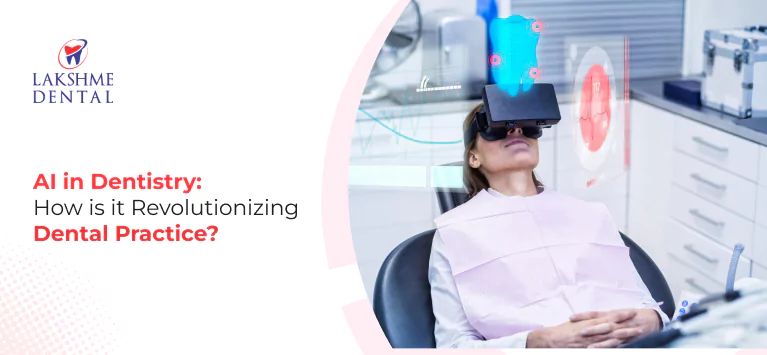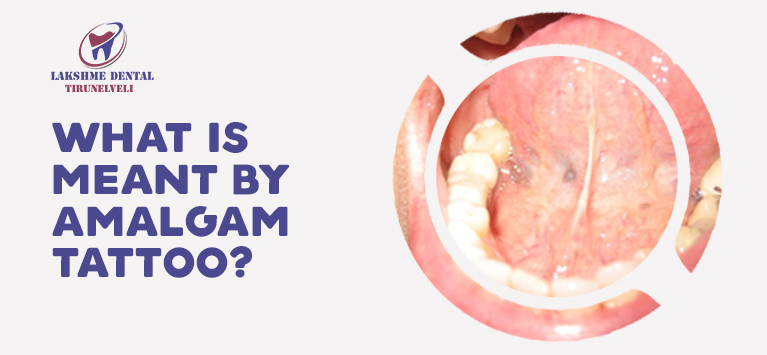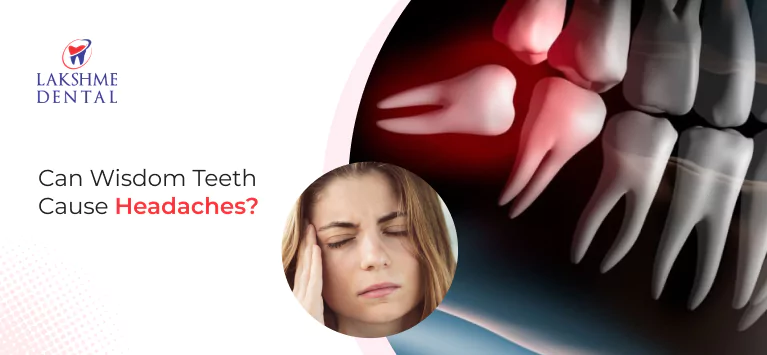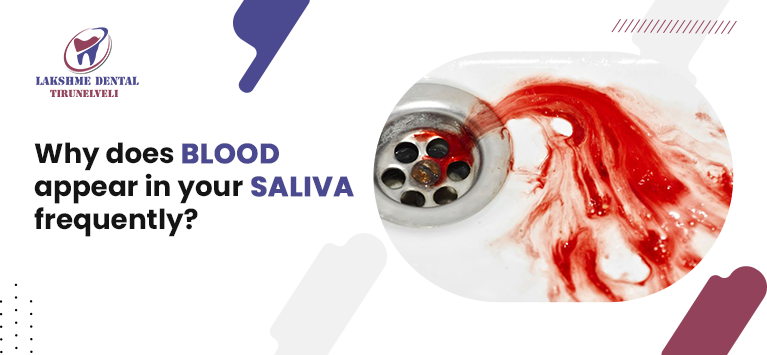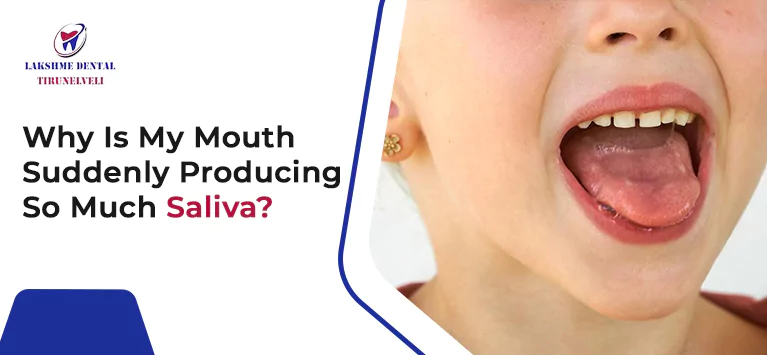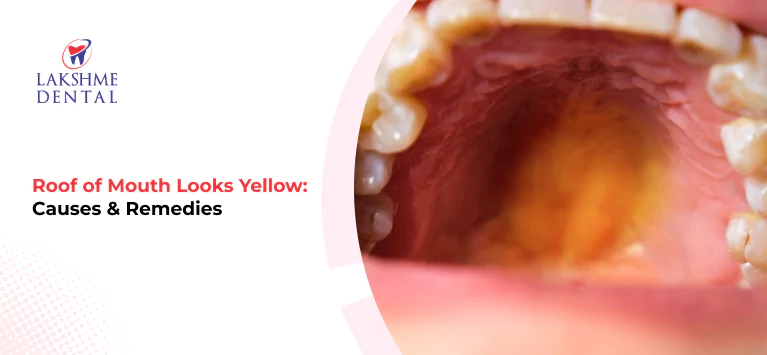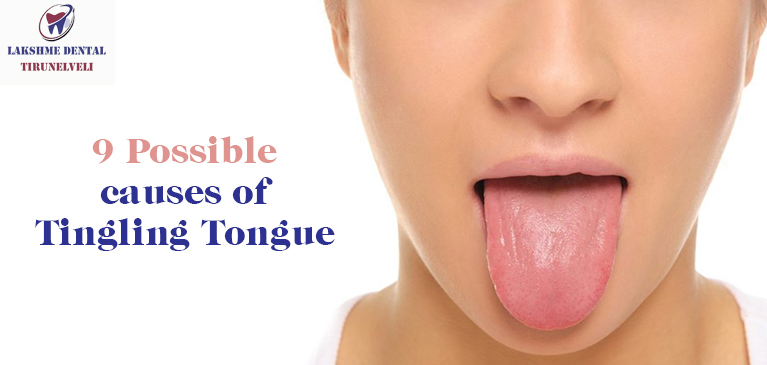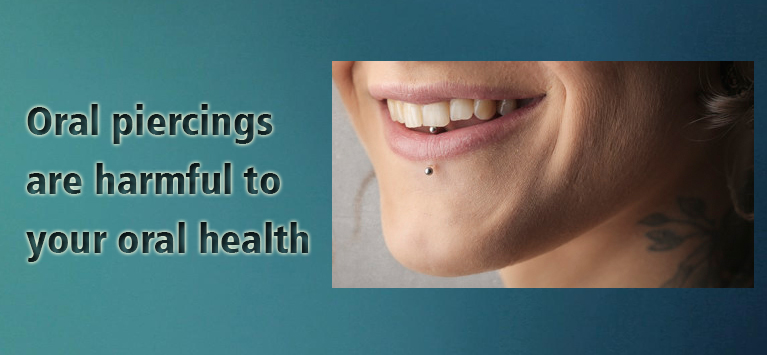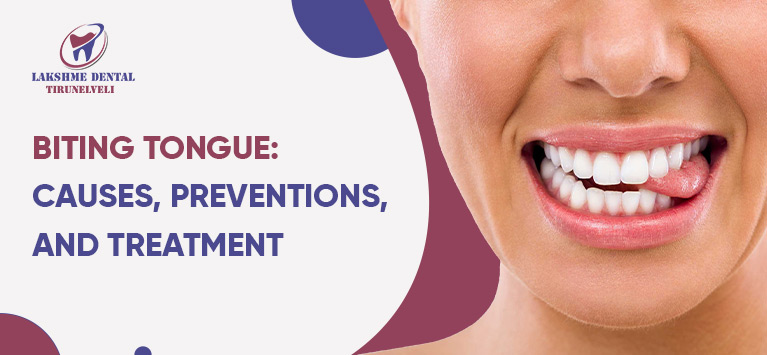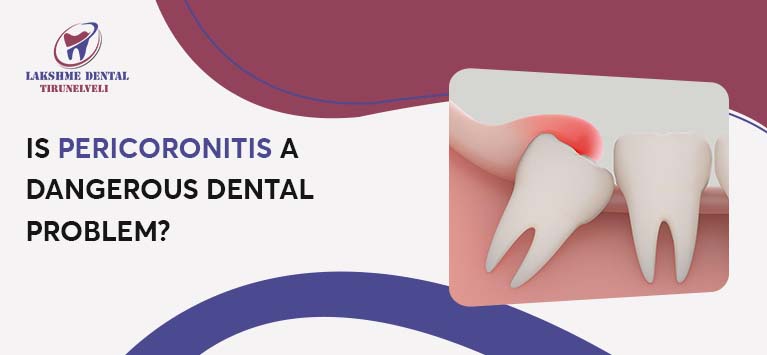
Is Pericoronitis a Dangerous Dental Problem?
Pericoronitis refers to the condition of inflammation or swelling in gum tissues around a wisdom tooth. It is also known as Operculitis.
Wisdom teeth, widely known as third molars, are the last set of permanent teeth erupt in the mouth. The jaw bones do not accommodate sufficient room for such lately erupted teeth. So most of those teeth are destined to erupt partially. The soft tissues surrounding those teeth are at risk of developing this inflammatory condition. It typically appears in lower teeth but barely occurs in upper teeth.
Even though it is common in people in their 20s, timely dental treatment is mandatory. Otherwise, it will give rise to physical ailments like respiratory illnesses and dental dilemmas.
How does Pericoronitis occur?
Generally, wisdom teeth remain stuck in gums or bones and do not erupt promptly. They are called impacted wisdom teeth. Consequently, a gum flap is developed over the tooth covering its crown portion. This soft tissue formed is called operculum.
Under the newly formed gum flap, oral bacteria and food debris accumulate. As this region is hard to clean without a dentist’s help, the pile of bacteria irritates and infects the gums, causing pericoronitis.
Meanwhile, certain external factors influence the progression of this inflammatory condition. Here are some instances:
- Stress
- Having excessive gum tissues
- Poor oral hygiene
- Hormonal changes
- Upper respiratory tract infections
What are the symptoms of Pericoronitis?
Pericoronitis exhibit acute and chronic symptoms depending on the extent of the infection and inflammation. The acute Periocoronitis symptoms include:
- Sharp pain around the affected teeth
- Swelling in the gum tissues
- Fever
- Pus discharge
- Difficulty in opening and closing the mouth
- Pain while chewing and swallowing
- The signs of chronic pericoronitis include:
- Bad breath
- Mild pain in the mouth that lasts for days
- Abnormal taste inside the mouth
Visit your dentist if you notice any of these signs frequently.
Wisdom teeth infection might be the reason behind this. Dentists take x-rays to detect the alignment of wisdom teeth. Observing the discomforts, you undergo most likely helps dentists determine the severity of the infection.
Dental doctors prescribe the appropriate treatment to get rid of pericoronitis in accordance with their clinical findings.
What are the complications of Pericoronitis infection?
Pericoronitis can spread to other parts of the body through saliva if the condition is left untreated.
When the infection expands to the head and neck, it leads to a condition called Ludwig’s Angina. It is a rare infectious condition in which the tongue and the floor of the mouth become infected with bacteria, causing various mouth infections. Similarly, a hazardous infectious condition called Sepsis will occur if the infection enters the bloodstream.
What are the Pericoronitis treatment options available?
Pericoronitis treatment varies for each person. General dentists treat pericoronitis, whereas dentists specialize in gum disease treatment and oral surgeons treat chronic pericoronitis.
The following are pericoronitis treatments that you can obtain from a dental office:
- Dental cleaning – Dentists would flush out the heap of particles trapped beneath the gum flap using oral irrigators if they found the pericoronitis infection was small. Mouth rinsing with an antibacterial mouthwash and saltwater rinse removes the particles stuck in the gum flap.
- Antibiotics – Antibiotic medications are prescribed when the infection is spread to the surrounding regions, indicated by swelling in teeth, cheeks and jaw.
- Pericoronitis Mouthwash – A person should ensure the operculum formed is devoid of bacterial agents and food debris. Hence dentists recommend Chlorhexidine mouthwash to eliminate the harmful microbes in this gingival tissue.
- Operculum Removal Surgery – Also known as Pericoronitis removal surgery, it involves extracting the gum flap formed over the wisdom teeth. It is a minor surgical procedure and can be completed within an hour.
- Wisdom teeth extraction – If dentists detect the pericoronitis infection is severe, they either suggest operculum removal or wisdom teeth extraction. Surgical extraction of third molar teeth is the best way to eliminate operculitis infection. It is because the inflammatory disease may return even after the pericoronal flap has been removed.
Bottom line
Pericoronitis, also known as Operculitis, is an inflammatory condition in the gingival tissues around an impacted wisdom tooth. In certain circumstances, it affects multiple wisdom teeth. Even though it is not contagious, it is linked to a few serious infectious diseases.
Hence you should consult your dentist immediately once you notice any of the warning signs discussed above.
Do you want to know more about this condition? Get in touch with our Tirunelveli dentists here.



